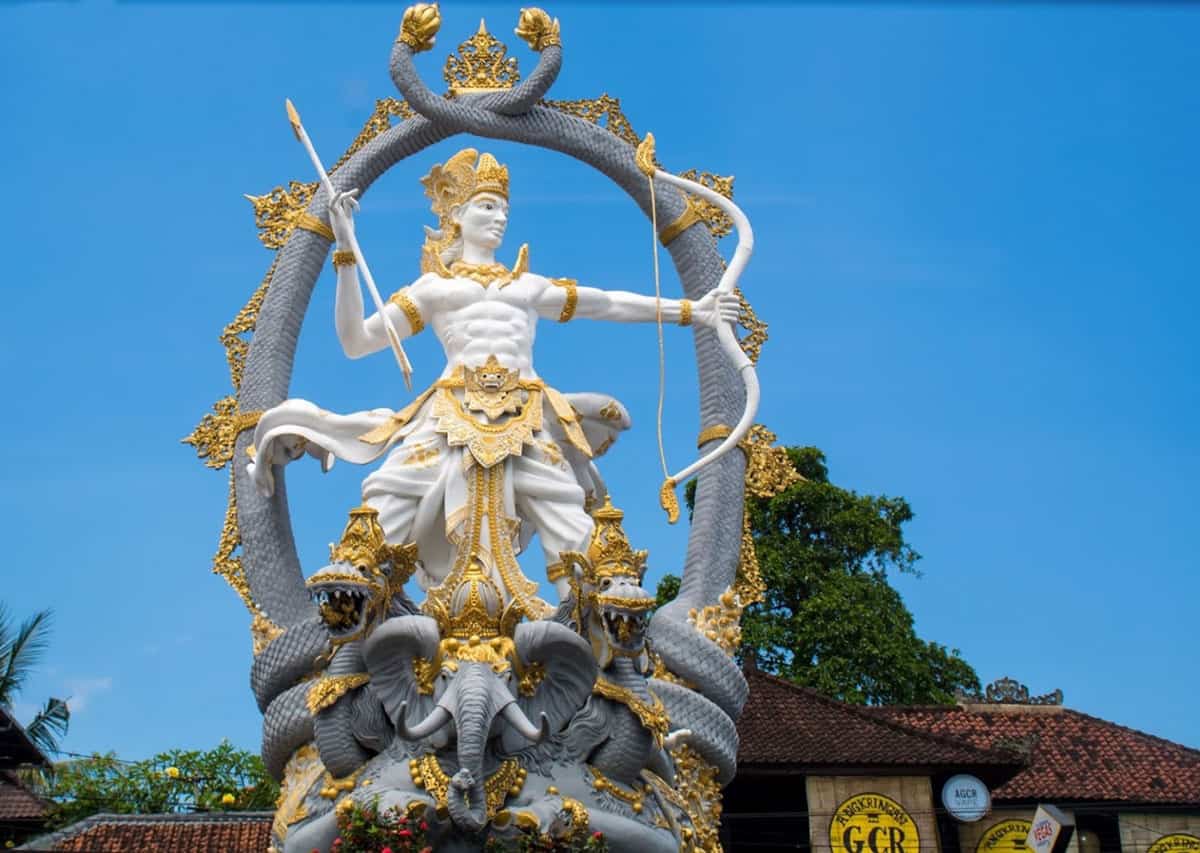Correct Understanding
Common Misconception
Because of general or popular belief, a delusory misconception prevails that Divine beings (God or Devta) live in a world above the sky and are invisible to our eyes.
Only humans who live on earth and the divine beings give a glimpse of themselves when showering their mercy on humans.
Illogical concepts
It is indeed surprising that people consider the burning sun (a cauldron of fire) in the sky as the father of Karna. Similarly, the blowing wind is said to be the father of Hanumanji and Bheem. Even the two famous sun and moon warrior dynasties, it is made to believe that they have their origin from the insentient sun and moon visible in the sky, which is so illogical.
Time to Have a Factual Understanding
But what is the fact? Are these beliefs emanating from mythical mythologies false? To satisfy our curiosity regarding this, it is essential to have a prudent and logical consideration.
First of all, we must know who are these so-called Divine beings. As per the scriptures of ancient sages, the explanation for divine beings is as follows.
- “māthr dhevo bhava pithr dhevo bhava āchārya dhevo bhava athitħi dhevo bhava”. Taitatria Upanishad. Shikshāvalli, para 11
Meaning:
Mother, father, teacher and those who give knowledge of spiritual righteousness selflessly should be considered divine beings (Devtas).
- “katham aeko dhevaha ithi sa brahma thyādhithyāchakshathe”. Shatpat Brāhman 14/5/10
Meaning:
Distinct from the insentient divine beings, the one and only one Supreme Lord alone is to be accepted as the one worthy of worship and none else.
- “Vidhvān so hi dhevāha. ye sathyamācharanthi the dhevāha anrtham manushyāha” Shat. Brā.
Meaning:
One who is a true scholar alone is a divine being. One who conducts oneself according to the dictates of truth is a divine being, and one who practices falsehood is a human being.
- “athitħirgrhānupagac’cħedh”. Atħarv Ved. 15/12/1
Meaning:
Serve the scholar who has come to the house with a spiritual sentiment.
- “pithrbhibhrārthribhishchaithāha pathibhirdhevaraisthatħā. poojyā bhooshayithavyāschā bahukalyānamīpsubhihi”. Manusmriti 3/55
Meaning:
Father, brother, husband and brother of husband should all be courteous and hospitable to their daughter, sister, wife and sister in law. Whoever desires one’s well-being should never torture or trouble women.
- “poojyo dhevavatpathihi”. Manusmriti 5/144
A woman should be courteous to her just husband, treating him as a divinity.
These notations from scriptural texts illustrate that the term divine stands for all those on earth who exhibit great qualities in terms of attribute, deed, nature, and behaviour. A divine being is not someone who stays in the invisible world but essentially represents a human’s highest stature.
“Dheevyāthi ithi dhevaha”
Meaning:
One invested with divine attributes alone is a divine being.





